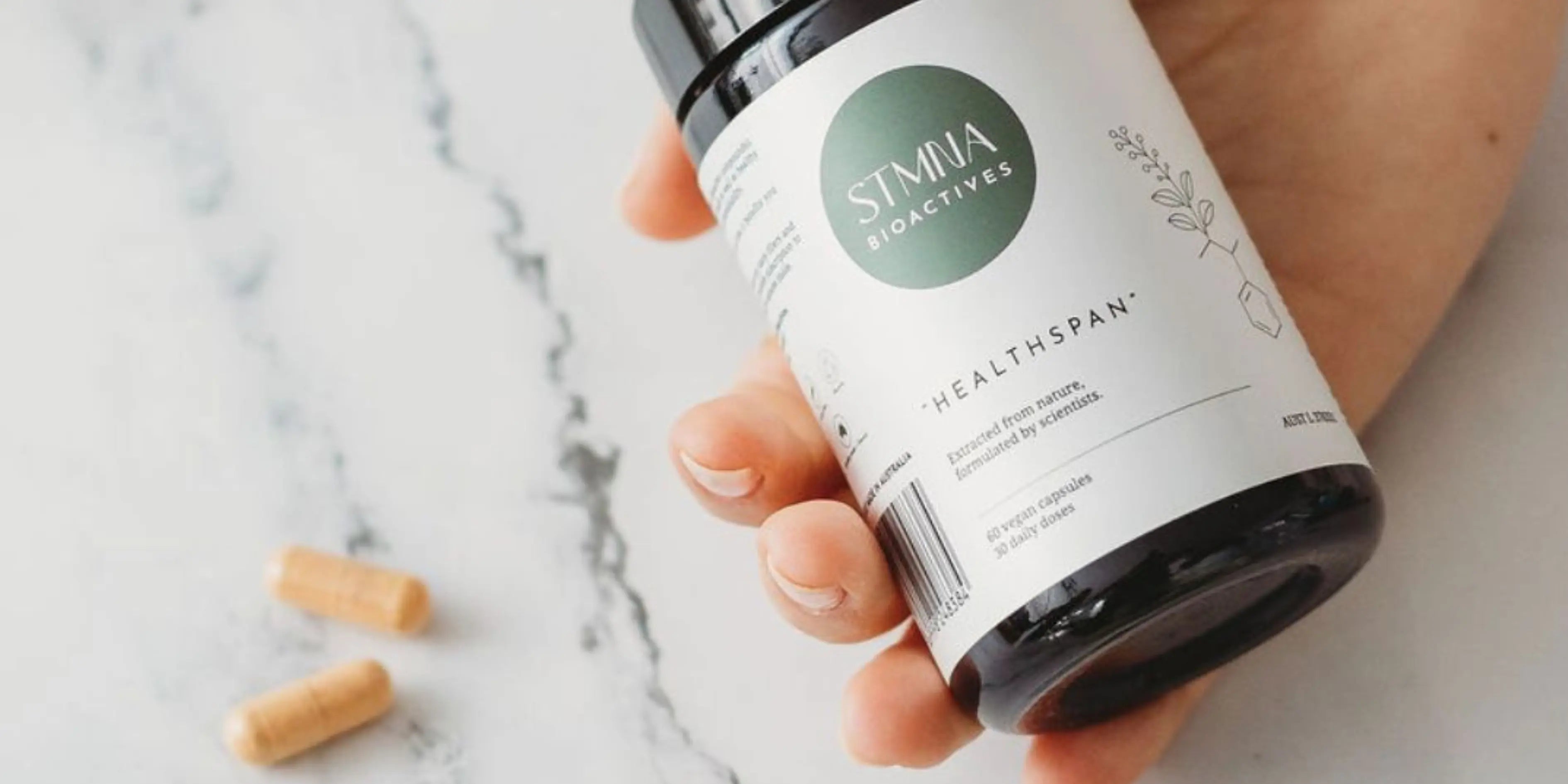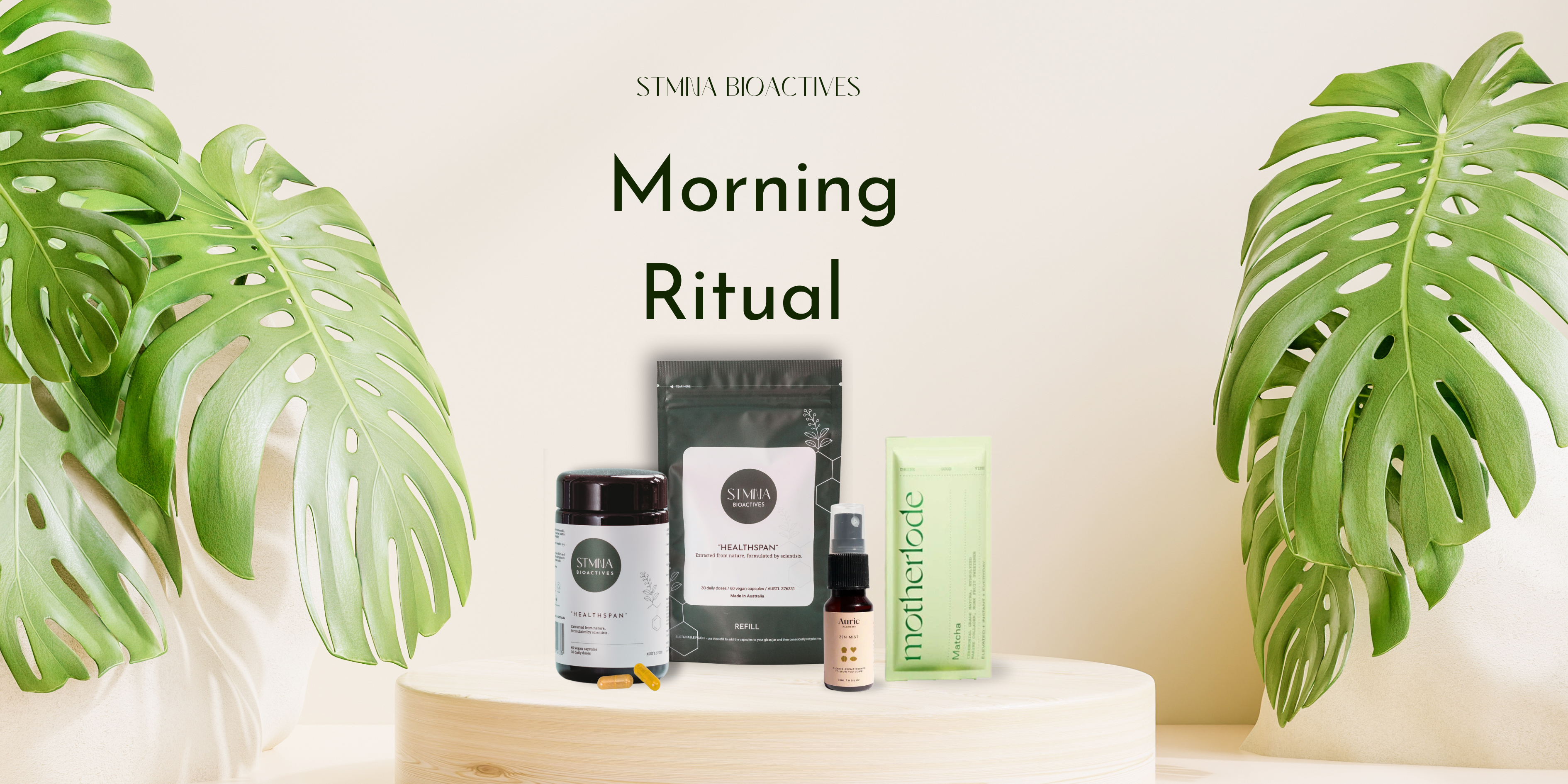Biohacking for Beginners: Small Tweaks for a Healthier Life

Biohacking
Most of us are constantly searching for ways to feel better—more energised in the morning, sharper in meetings, and less drained by the end of the day. But what if you didn’t need to overhaul your entire routine to get there? What if small, strategic tweaks could unlock noticeable improvements in your energy, focus, and overall well-being?
That’s the essence of biohacking. It’s not about extremes or expensive gadgets; it’s about understanding how small adjustments to your daily habits can lead to big shifts in how you feel. And the best part? These biohacks are simple, effective, and easy to implement—no spreadsheets or lab tests required.
Here are five science-backed and underrated biohacks that anyone can try, whether you’re looking to sharpen your mind, improve recovery, or just feel more like yourself again.
1. Sync Your Circadian Rhythm with Morning Sunlight
Your internal clock—your circadian rhythm—governs everything from your energy levels to your metabolism. One of the easiest yet most overlooked biohacks? Get direct sunlight within the first hour of waking up. Exposure to natural light in the morning tells your body it’s time to wake up, boosting serotonin (which later converts into melatonin for better sleep). This small tweak enhances focus, mood, and overall energy levels.
Try spending just 10 minutes outdoors in the morning—without sunglasses—to maximise the benefits. If you’re stuck indoors, open a window or step onto a balcony. It’s a simple shift that sets your entire day up for success.
A 2017 study published in Scientific Reports found that individuals who received natural sunlight exposure within the first hour of waking experienced higher daytime alertness, improved mood, and better sleep cycles compared to those who didn’t. Additionally, a study in PNAS (2014) showed that excessive exposure to artificial light at night delays melatonin production, making it harder to fall and stay asleep.
2. Cycle Your Caffeine for Maximum Energy
Many people rely on coffee to get through the day, but few know how to optimise caffeine intake for sustained energy rather than rollercoaster highs and crashes. The key? Delay your first cup of coffee until at least 90 minutes after waking up.
This allows your body’s natural cortisol production to regulate itself first, preventing reliance on caffeine for wakefulness. Additionally, consider cycling off caffeine for a few days every month to reset your tolerance and keep its energising effects potent. If you want a gentler, more sustainable energy boost, look into adaptogens like Ashwagandha, which support stress resilience and balanced energy levels.
3. Cold Showers for Mental and Physical Resilience
A 30-second cold shower might sound brutal, but the benefits are worth it.
Cold water triggers the release of norepinephrine and dopamine, two neurotransmitters that enhance focus, alertness, and motivation. In fact, studies show that cold showers can increase dopamine levels by 250%, creating a natural mood boost similar to the effects of antidepressants.
Cold exposure also activates brown adipose tissue (BAT), a type of fat that burns calories to generate heat. This makes cold showers a powerful tool for boosting metabolism and improving fat-burning potential—all in under a minute.
Start small by ending your warm shower with 10 seconds of cold water and gradually build up to 30-60 seconds. Many people report sharper focus, increased energy, and even improved immune function with regular cold exposure.
4. Lower Your Body Temperature for Better Sleep
Most people focus on how long they sleep, but what really determines sleep quality is how deep and restorative that sleep is. One of the most overlooked factors for high-quality sleep? Your body temperature.
Your body follows a natural temperature cycle throughout the day, known as thermoregulation. As night approaches, your core temperature naturally drops to signal the body that it’s time to sleep. However, artificial heating, warm environments, and even thick bedding can disrupt this cooling process, leading to restless sleep, night sweats, and frequent awakenings.
A study published in Nature and Science of Sleep (2012) found that lowering body temperature by even 1°C (1.8°F) enhances the amount of deep, slow-wave sleep—the most restorative phase of sleep where memory consolidation and physical recovery happen. Another study in Brain (2008) showed that people with insomnia often have higher core body temperatures before bed, which delays sleep onset and reduces sleep efficiency.
To optimise sleep quality, you need to actively cool your body down before bed to match your natural circadian rhythm.
5. The Power of Anti-Inflammatory Bioactives
Inflammation is one of the biggest hidden roadblocks to feeling your best. Chronic inflammation can lead to sluggishness, brain fog, and fatigue. A simple but effective biohack? Incorporate natural anti-inflammatory compounds into your daily routine.
Curcumin (from turmeric), boswellia serrata, and resveratrol are some of the most well-researched bioactives that help combat inflammation at a cellular level. STMNA Bioactives, which blends these powerful ingredients, is designed to support daily vitality, helping you feel more energised and resilient over time.
Final Thoughts on Biohacking
Biohacking doesn’t have to be complicated. Small, intentional changes—like morning sunlight, smarter caffeine use, cold exposure, and inflammation management—can have a profound impact on how you feel each day. Start with one tweak, track how it affects your energy and focus, and build from there.
The key is consistency. Over time, these small shifts compound, helping you unlock a healthier, more vibrant version of yourself.


